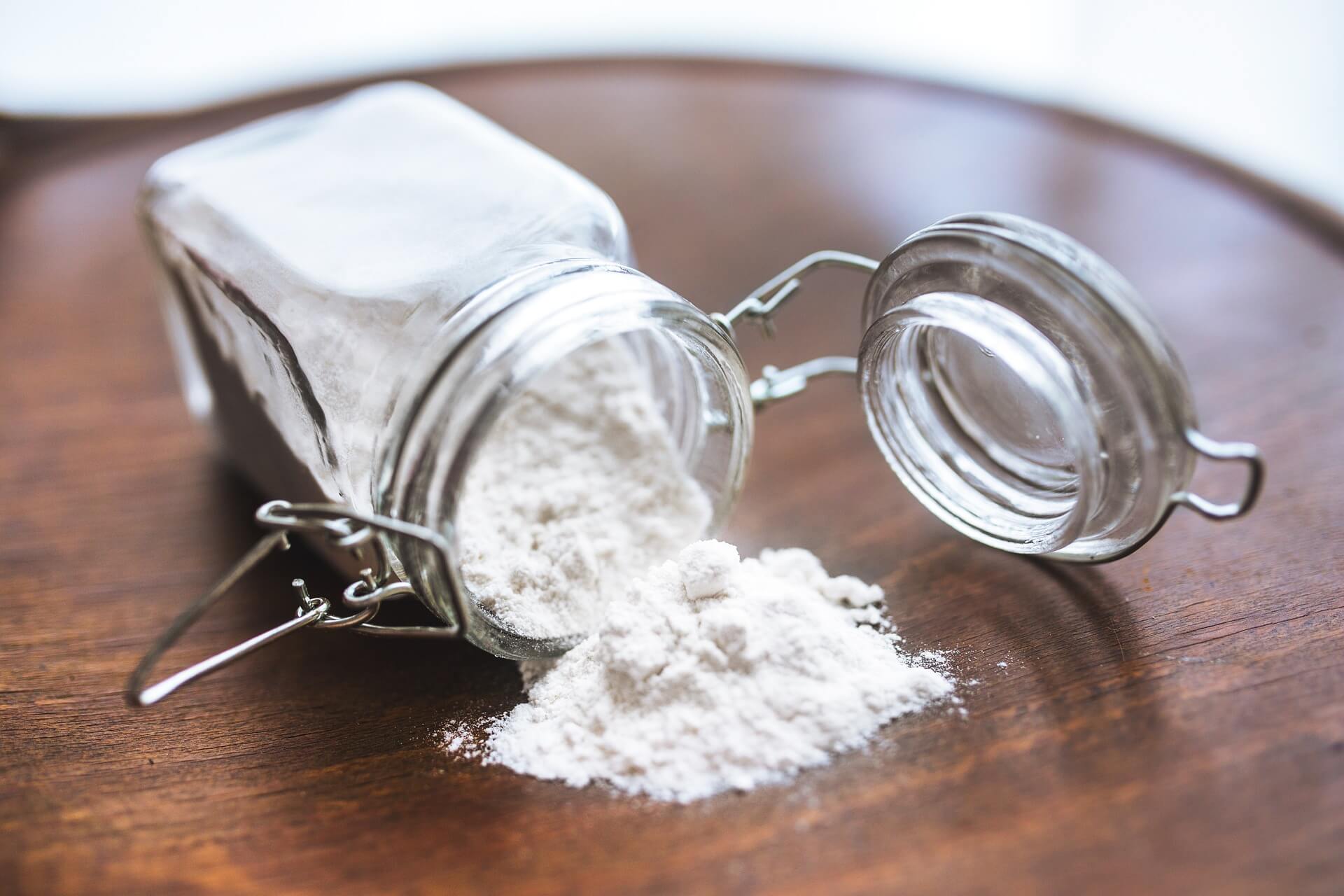Learn about these 2 benefits of L-glutamine and how it impacts your gut health
Supplement
L-glutamine is a non-essential amino acid, found in big quantities within the body. L-glutamine is a major source of energy for intestinal and some immune cells. It is considered a special nutrient with numerous health effects.
Glutamine powder is easy and quickly absorbable.
Benefits

L-glutamine can be found on iHerb. I am proud to say that we are partner of iHerb. This mean will gain a small percentage if you decide to purchase a product from their shop via this link.
What came first? The chicken or the egg? In our case the EGG. I have personally been a big fan of iHerb, even before I started blogging. They deliver high quality products for a good price. I like to uphold these quality standards for this blog as well and will never recommend irrelevant or unethical products.

Anti-inflammatory
Chronic inflammation has been associated with several conditions, such as heart disease, type 2 diabetes, rheumatoid arthritis, asthma, inflammatory bowel disease and cancer.
Muscle recovery
Exercise induces muscular injury leading to inflammation and oxidative stress, which can create changes in gene expression.
Helps treat leaky gut syndrome: L-glutamine helps maintain a proper intestinal barrier (tighten up the openings of the gut lining, thus reducing permeability, which leads to leaky gut syndrome).1, 2
L-glutamine helps reduce inflammation:3 in IBD conditions, such as Crohn’s disease and ulcerative colitis, there is an overactivation of the immune system that attacks the intestines. L-glutamine supplementation could help by reducing inflammation.4, 5
Improve gut health: intestinal and other immune cells use this amino acid as a source of energy to function properly.6
Boost your immune system: a study showed how mice with glutamine supplementation had a boost in their immune system and reduced rates of reactivation of herpes infection.7 A clinical study showed that L-glutamine supplementation reduced the rate of hospital-acquired infections and reduced the length of stay in hospital.8
May help in fatty liver disease: a recent mice study demonstrated that a glutamine supplement protected mice from the progression of liver disease caused by nonalcoholic steatohepatitis (NASH).9
Recommended dosage: For long-term use (months), 14 grams a day have been shown to be safe.10 However, this dose can be increased up to 30 grams daily for a few weeks without side effects.11 For some health conditions, the dosage might be incremented (up to 80 gr/day). It is better to increment the dosage slowly over the course of weeks, so the body can get used to it. Moreover, due to amino acid competition, it is best to take glutamine on its own (with water).12, 13
Glutamine for leaky gut: 30 gr a day for 1-2 weeks.14, 15 However, some people might benefit from higher amounts (up to 80 gr).
Glutamine for healthy athletes: doses of 20-30 grams a day.16
Glutamine for patients with IBD: 500 mg per kilogram of body weight per day for 2 months.17 However, numbers as high as 42 gr/day for 21 days has been used.18
Glutamine to reduce inflammation: 400 grams per kilogram of body weight per day have been shown to decrease immune cell count. Note: glutamine was intravenously injected in this study.19
Glutamine to fight infections: one study administered 30.5 gr of glutamine to critically ill patients and showed a reduction of pneumonia, bacteremia and sepsis.20
Note: always consult your doctor before taking glutamine in bigger quantities (above 30 gr/day).
Side effects: People with kidney disease, liver disease or Reye’s syndrome should avoid taking L-glutamine supplements. People with cancer or at risk, should not take this supplement. This is due to some types of tumour cells feed of L-glutamine.